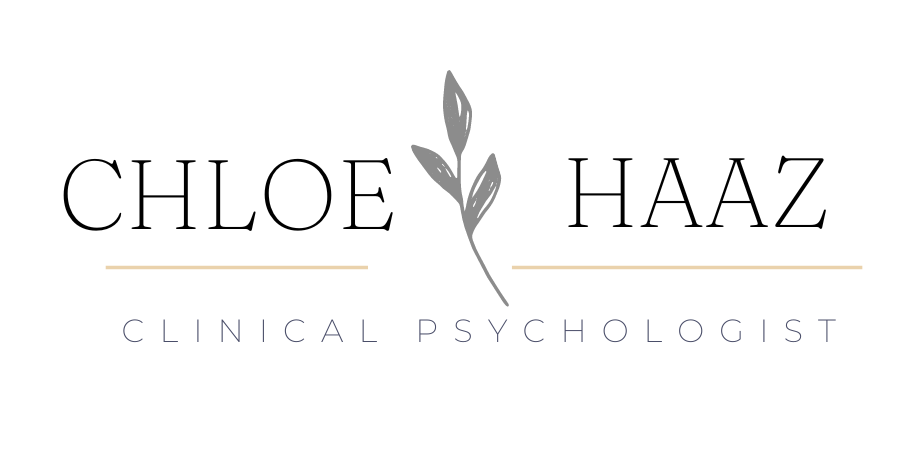
Anxiety doesn’t have to control your child.
Play Therapy for children in Philadelphia
Does it feel like anxiety is winning?
Your child’s worries are starting to feel out of control and you desperately want to do something. But reassurance hasn’t helped… it’s like they don’t hear you. You want to be patient but your frustration is getting the best of you.
Does this sound familiar?
My child is…
having a hard time in social settings, scared to talk to peers or teachers.
feeling all-wound-up about doing well in school, striving for perfection.
on edge. As their parent, I feel like I can’t do anything right.
having tantrums or big feelings that seem to come out of nowhere.
complaining of bad dreams, monsters, or other scary stuff.
looking a little dazed. I’m not quite sure what is going on in there.
These worries are taking a toll on the family. As a loving parent, it’s hard not to get caught up in feeling your child’s feelings for them, leaving everyone anxious & stressed.
You can take back your parenting power while remaining kind & connected
Freedom from fear
Your child will learn how to cope with their big feelings. Close bonds with others can be felt without the anxiety monster controlling your child’s relationships. They can learn to live with the scary stuff and still feel safe. Most importantly, your child can return to the very important job of being a kid without the enormous weight of the unknown crushing their spirit. They can discover new ways of reacting to things even if those things are intimidating. Unlearning hiding habits takes practice.
You will also become an expert in how to intervene wherever and whenever fear pops up. The old reassurance may not work, but there is another way. You will be able step-up so effectively that you remain cool, calm and collected in spite of the threat of a meltdown.
As your child’s coach, the parent-child bonds will be deepened so that their belief in themselves and their protectors is restored. Your child will be empowered to use newly learned skills to deal with the ups and downs of each developmental stage.
Purposeful Play
Playing with me sure can be fun, but that’s not why we’re doing it.
As language develops during the preschool & elementary years, children become more able to speak in ways that mimic adult conversation. But they’re not there yet.
Between ages 2-10 children need play because it blends language-based learning with imaginative role-playing. Children express themselves best through a sprinkle of words and dash of creativity. They need both. Play provides the space for connection, communication, and change.
I have a unique interpersonal approach to play therapy in which I integrate behavioral interventions into your child’s play stories.
I use whatever play materials your child gravitates toward (i.e. bad guys, baby dolls) as the canvas from which to explore feelings and teach skills.
Skills are taught through the use of characters, storytelling and practicing being brave. Sessions can occur wherever the problem is occurring.
Sometimes parents wonder if playing is productive. Once a child gets acquainted with play therapy, they inevitably use their time productively to tell their important stories, just like an adult would in talk therapy. Together we make sense of things, learn to live with scary stuff, and grow out of anxiety & into bravery.
Play Therapy can help your child…
Understand & accept feelings
Reduce anxiety
Tolerate change/uncertainty
Improve language-based communication
Prepare for what’s ahead
Restore calm and a sense of safety

Frequently asked questions about play therapy
FAQs
-
I suggest telling your child something like, “On _day we are going to meet with a very nice lady. Her name is Dr. Chloe and she is going to help us to have an easier time with _.” Pause. Allow them to respond.
Some kids won’t say anything and others will have many, many questions. Either way, I suggest wondering out loud about what this new experience will be like. This strategy engages your child’s curiosity and quiets their fear.
-
Play therapy is a natural way for children to express and process their experiences. Just like adults come to therapy talk to about the most important events in their lives, children also tell their important stories. They tell these stories through symbols and metaphors. Through my training and expertise as a child psychologist, I am able to understand and respond to children’s play in a way that improves tolerance for big feelings. Through play, I also teach real-life skills to cope with and respond differently to anxiety.
Play, along with behavioral practice, is the best and most effective way to teach children the skills needed to move through their stuck places.
-
Every child is different and moves at their own pace. I provide regular parent check-ins to update you on their progress. I regularly consult with schools, pediatricians and other providers to align your child’s care and deepen their system of support. Young children cannot be rushed, but they can be given the supportive space to process what is going on. When they can consistently rely on this space and trust the provider, they inevitably use it productively.
